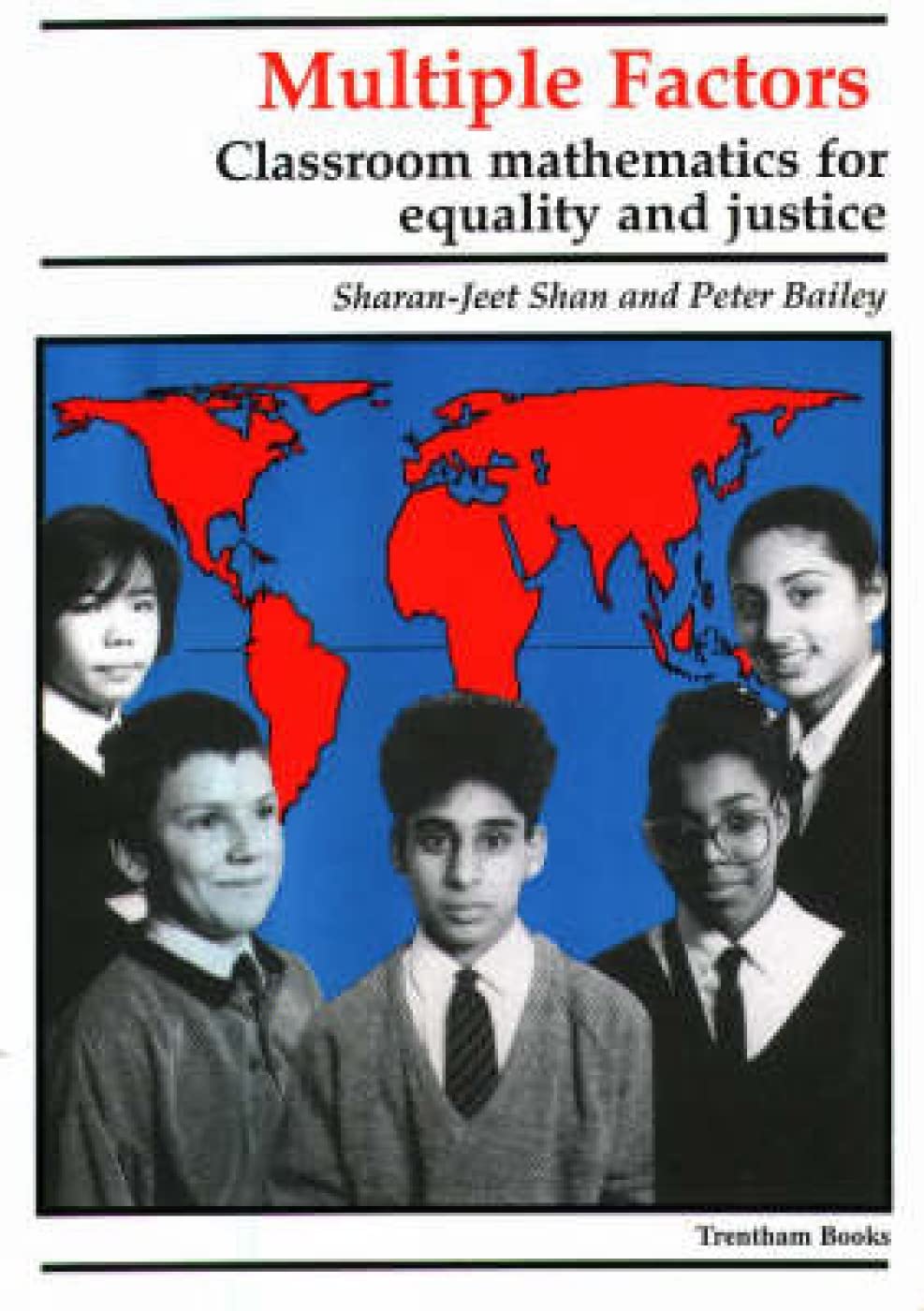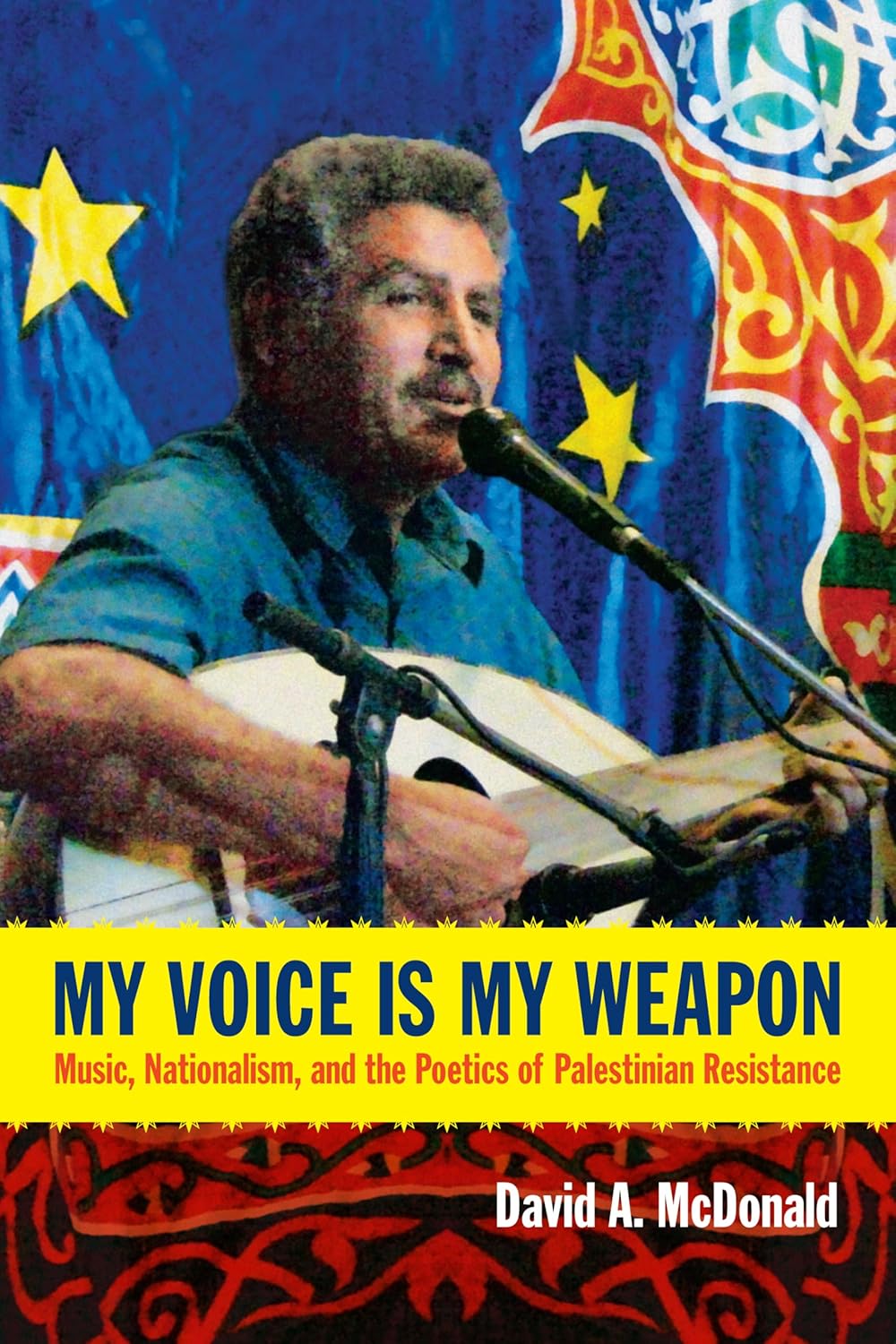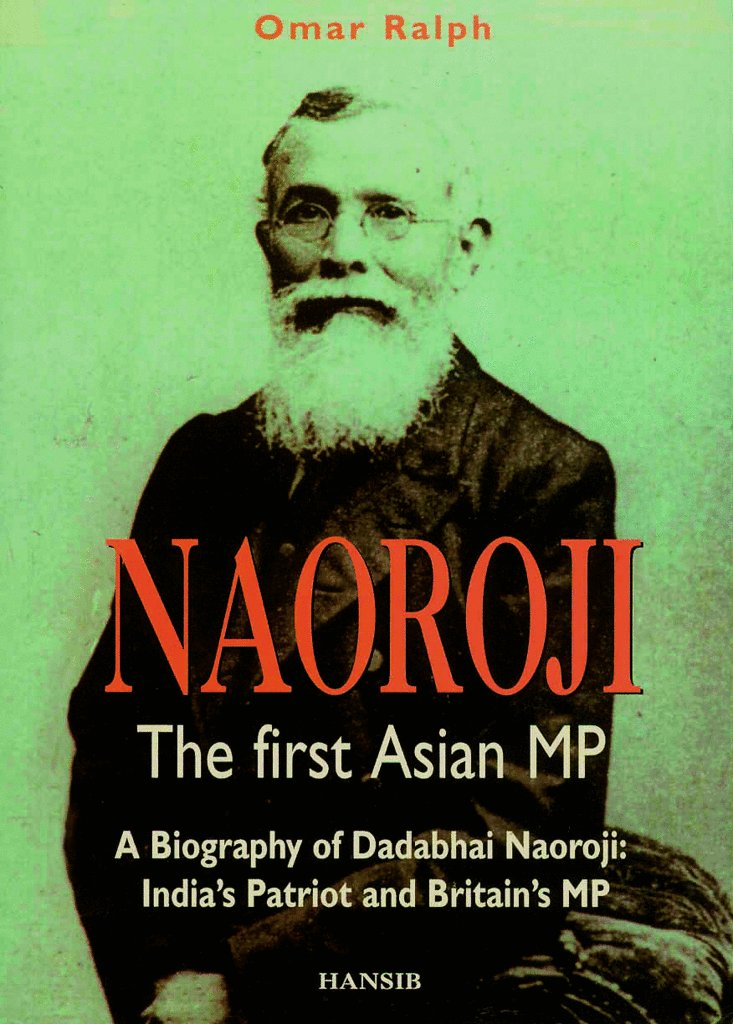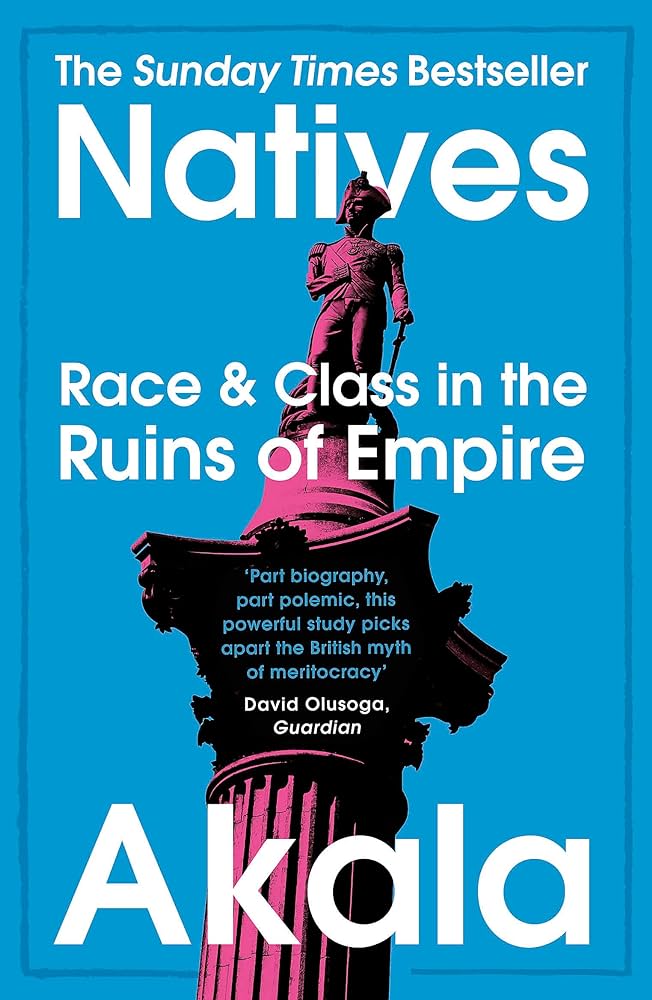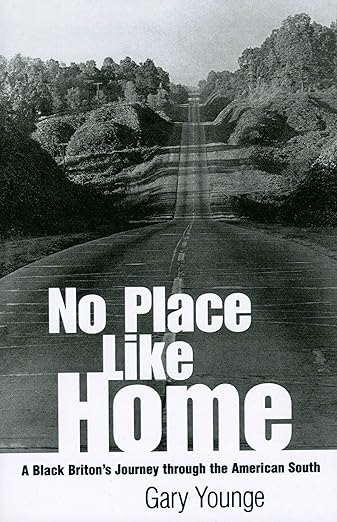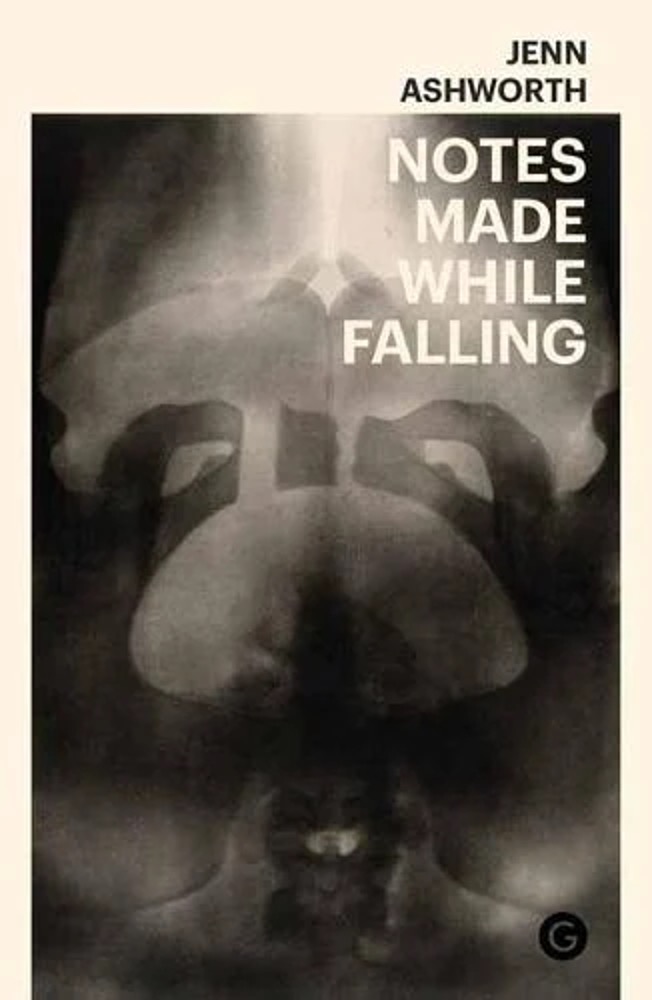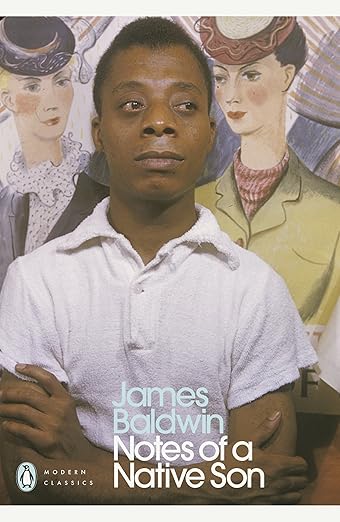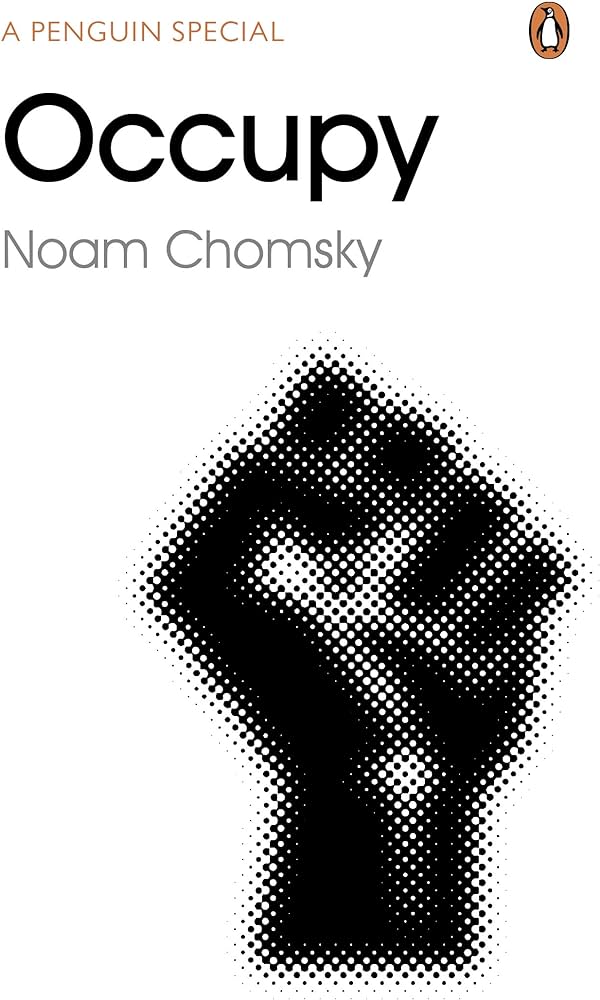Acclaimed worldwide as the definitive biography of the Prophet in the English language. Martin Lings' life of Muhammad is unlike any other. Based on Arabic sources of the eighth and ninth centuries, of which some important passages are translated here for the first time, it owes the freshness and directness of its approach to the words of men and women who heard Muhammad speak and witnessed the events of his life. Martin Lings has an unusual gift for narrative. He has adopted a style which is at once extremely readable and reflects both the simplicity and grandeur of the story. The result is a book which will be read with equal enjoyment by those already familiar with Muhammad's life and those coming to it for the first time. This book was given an award by the government of Pakistan, and selected as the best biography of the Prophet in English at the National Seerat Conference in Islamabad in 1983. In 1990, after the book had attracted the attention of Azhar University, the author received a decoration from president Mubarak. Martin Lings, formerly Keeper of Oriental Manuscript in the British Museum and the British Library, is the author of three works on Islamic mysticism, A Sufi Saint of the Twentieth Century, What is Sufism? and The Book of Certainty, all published by The Islamic Texts Society.
This book illustrates how current teaching methodology and school management and the bias in existing textbooks can and often does disadvantage black, working class and girl students, and how often this might be changed. The authors have gathered their mathematics from sources across the world and from a multiplicity of disciplines: from global statistics, from architectural principles and from art forms. They will keep students and their teachers fascinated, motivated and learning the mathematics that our technological age - and the national curriculum - demands. For in maths lessons the students are the Multiple Factors in the equation of the world's economy, resources and growth.
In My Voice Is My Weapon, David A. McDonald rethinks the conventional history of the Palestinian crisis through an ethnographic analysis of music and musicians, protest songs, and popular culture. Charting a historical narrative that stretches from the late-Ottoman period through the end of the second Palestinian intifada, McDonald examines the shifting politics of music in its capacity to both reflect and shape fundamental aspects of national identity. Drawing case studies from Palestinian communities in Israel, in exile, and under occupation, McDonald grapples with the theoretical and methodological challenges of tracing "resistance" in the popular imagination, attempting to reveal the nuanced ways in which Palestinians have confronted and opposed the traumas of foreign occupation. The first of its kind, this book offers an in-depth ethnomusicological analysis of the Israeli-Palestinian conflict, contributing a performative perspective to the larger scholarly conversation about one of the world's most contested humanitarian issues.
Known as the “Grand Old Man of India”, Dadabhai Naoroji was Britain’s first Asian member of Parliament. This book charts his life from humble beginnings in Bombay, to the laying of the foundations of modern India. Even though he was a mentor to men such as Gandhi, his story is relatively unknown.
This book serves to re-live his life story so that the work he undertook both in India and in Britain can once again be appreciated.
From the first time he was stopped and searched as a child, to the day he realised his mum was white, to his first encounters with racist teachers – race and class have shaped Akala’s life and outlook. In this unique book he takes his own experiences and widens them out to look at the social, historical and political factors that have left us where we are today. Covering everything from the police, education and identity to politics, sexual objectification and the far right, Nativesspeaks directly to British denial and squeamishness when it comes to confronting issues of race and class that are at the heart of the legacy of Britain’s racialised empire.
'Explores the historical ambiguities and racial complexities of 1920s Paris and describes the short-lived craze that overtook the city when black culture became highly fashionable and a sign of being modern.'
Travelog, social commentary, and journey to self-discovery, the story of a black Englishman's amazing trek through Dixie to connect with his racial identity In 1997 Gary Younge explored the American South by retracing the route of the original Freedom Riders of the 1960s. His road trip was a remarkable socio-cultural adventure for an outsider. He was British, journalistically curious, and black. As he traveled by Greyhound bus through the former Confederate states, he experienced an awakening. He felt culturally tied to this strange yet familiar place. Though a Briton by birth and the child of emigrants from Barbados, he felt culturally alien in his native land. In Dixie, however, he met African Americans whose racial distinctiveness was similar to his own. To local blacks he looked like a brother, while sounding intriguingly foreign. As he assessed their political rise in the South, he noted too how African American tradition seemed static and unchanged. It was a refreshing whiff of "home."
Notes Made While Falling is both a genre-bending memoir and a cultural study of traumatized and sickened selves in fiction and film. It offers a fresh, visceral, and idiosyncratic perspective on creativity, spirituality, illness, and the limits of fiction itself. At its heart is a story of a disastrously traumatic childbirth, its long aftermath, and the out-of-time roots of both trauma and creativity in an extraordinary childhood. Moving from fairgrounds to Agatha Christie, from literary festivals to neuroscience and the Bible, from Chernobyl to King Lear, Ashworth takes us on a fantastic journey through familiar landscapes transformed through unexpected encounters and comic combinations. The everyday provides the ground for the macabre and the absurd, as the narration twists and stretches time. Hovering on the edge of madness, writing, it seems, might keep us sane-or might just allow us to keep on living. In Notes Made While Falling, Ashworth calls for a redefinition of the creative work of thinking, writing, teaching, and being, and she underlines the necessity of a fearlessly compassionate and empathic attention to vulnerability and fragility.
James Baldwin's breakthrough essay collection made him the voice of his generation. Ranging over Harlem in the 1940s, movies, novels, his preacher father and his experiences of Paris, they capture the complexity of black life at the dawn of the civil rights movement with effervescent wit and prophetic wisdom.
'A classic ... In a divided America, James Baldwin's fiery critiques reverberate anew' Washington Post
'Edgy and provocative, entertainingly satirical' Robert McCrum, Guardian
'Cemented his reputation as a cultural seer ... Notes of a Native Son endures as his defining work, and his greatest' Time
Since its appearance in Zuccotti Park, New York, in September 2011, the Occupy movement has spread to hundreds of towns and cities across the world. No longer occupying small tent camps, the movement now occupies the global conscience as its messages spread from street protests to op-ed pages to the highest seats of power. From the movement's onset, Noam Chomsky has supported its critique of corporate corruption and encouraged its efforts to increase civic participation, economic equality, democracy and freedom. Through talks and conversations with movement supporters, Occupy presents Chomsky's latest thinking on the central issues, questions and demands that are driving ordinary people to protest. How did we get to this point? How are the wealthiest 1% influencing the lives of the other 99%? How can we separate money from politics? What would a genuinely democratic election look like? How can we redefine basic concepts like 'growth' to increase equality and quality of life for all?


